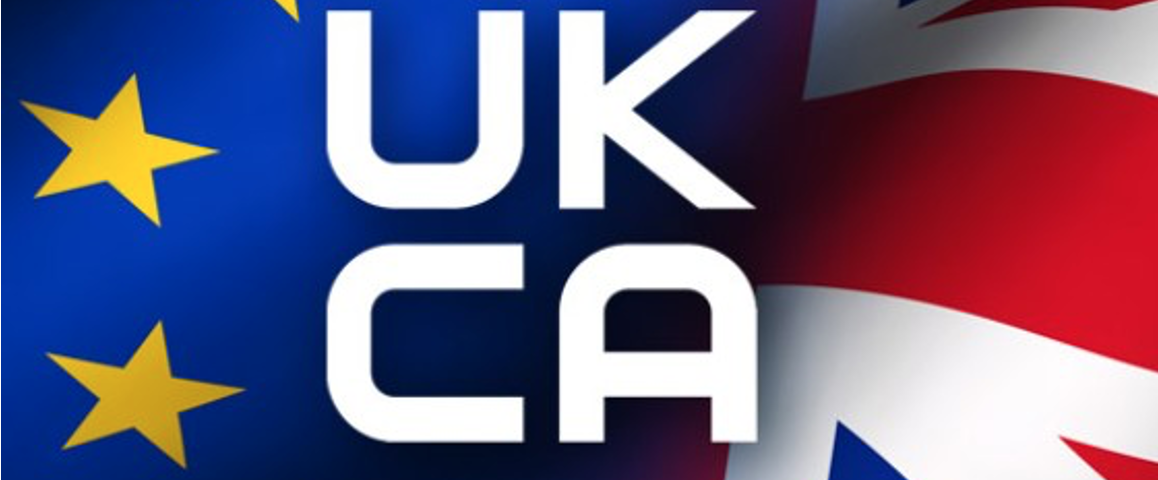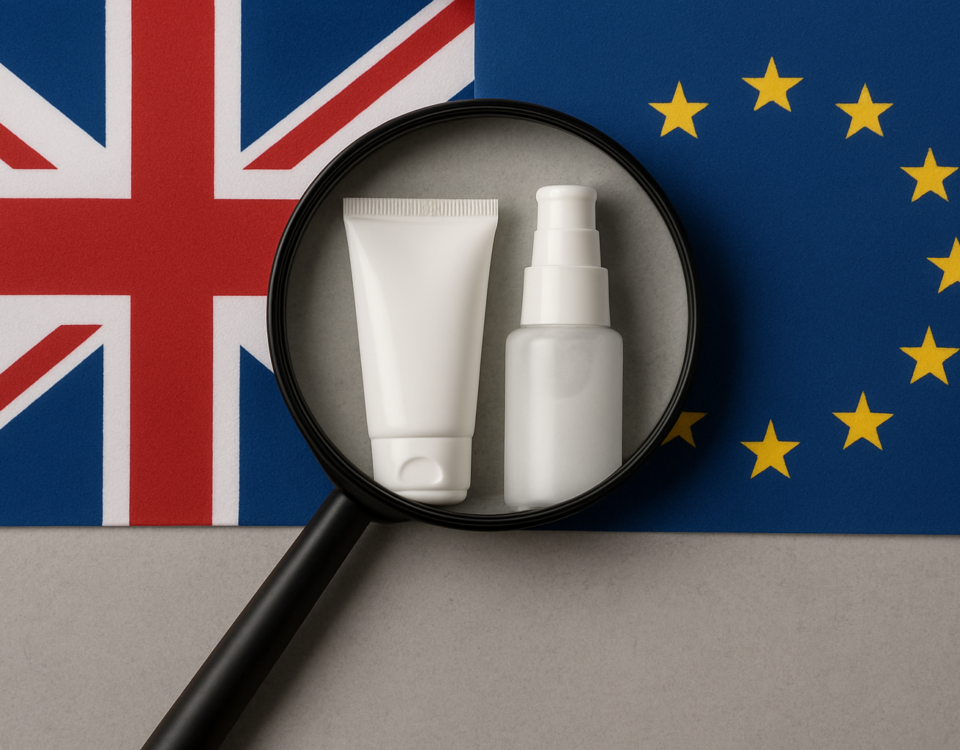
CLEAR celebrates its 10th anniversary this year!
19 January 2022
CBD in cosmetics
9 September 2022Two distinct conformity marks: CE and UKCA
We will now all have to deal with two different legislations, British and European, each with their own assessment bodies.
- CE marking: can be used throughout the European Union but is no longer valid in Great Britain.
Reminder: The “CE” (or Conformité Européenne) mark is present on most dry goods. It is an administrative mark which must be present on the product before it can be sold on the European market. This marking highlights the product manufacturer’s commitment to conformity with the requirements laid down by European regulations. The CE marking is not a guarantee of quality or a certification mark. It is awarded after assessment by an Authorised Body or a self-certification process.
- UKCA marking: is exclusively applicable in Great Britain
What is UKCA marking?
UKCA (UK Conformity Assessed) marking is a new mark that came into force in January 2021, after Brexit. It is used on all dry goods (electronic, electrical, etc.) marketed in Great Britain (England, Wales and Scotland). It therefore covers most products subject to the conformity assessment required for CE marking. UKCA is therefore the British equivalent to CE marking in the European Union (EU).
What has changed?
From 1 January 2023, the technical requirements (essential requirements) must be respected. The British legislation is based on the European texts. The main difference is the conformity assessment process, which must now be completed by an organisation based in Great Britain and authorised by the British authorities (“Approved Body”).
Who is involved?
- UKAS (UK Accreditation Body): issues the authorisations to the assessment bodies (equivalent to the French Cofrac)
- UK Approved Body (Conformity Assessment Body: “CAB”): the body that issues UKCA marking for products which have been approved (Equivalent to the EU authorised bodies in Great Britain)
IMPORTANT NOTE
- CE marking Authorised Bodies in an EU member state cannot become an “Approved Body”.
- CE marking applied at source by a British Authorised Body will no longer be valid. To maintain CE marking, an authorised body registered in an EU member state will be required.
- Where self-certified conformity statements were possible in the past, the same now applies for UKCA labels.
When should UKCA marking be used?
UKCA marking must be used when any of the following conditions apply to the product:
- It is destined for the Great Britain market
- It is covered by legislation that requires UKCA marking
- A third party requires obligatory conformity assessment
- The conformity assessment has been undertaken by a British organisation
UKCA marking does not apply for existing stocks. It will not apply to products that have been entirely manufactured with CE marking and marketed in Britain before 1 January 2023.
Can a UKCA sticker or label be used?
Up to 31 December 2023, UKCA marking can be printed on a sticker or label which is then applied to the product or onto a document included with the product. From this date on, UKCA marking must be permanently affixed to the product.
Note that different rules may be applied depending on the product type.
Concerning Northern Ireland
UKCA marking is not valid in Northern Ireland. Therefore, access to the Northern Ireland market requires either CE or UKNI and CE marking.
UKNI is the new conformity marking for products entering the Northern Ireland market and whose conformity assessment has been completed by an organisation based in the United Kingdom. So UKNI is intended for British manufacturers who wish to access the Northern Ireland market.
Transition period for implementation of the new markings
- From 1 January 2021: UKCA marking enters into force, it can already be used on products.
- From 1 January 2023: CE marking will no longer be accepted in Great Britain for the marketing of products inside Britain.
- From 1 January 2024: Companies must apply UKCA marking directly onto the packaging of all products that require it (without exception).

Summary





